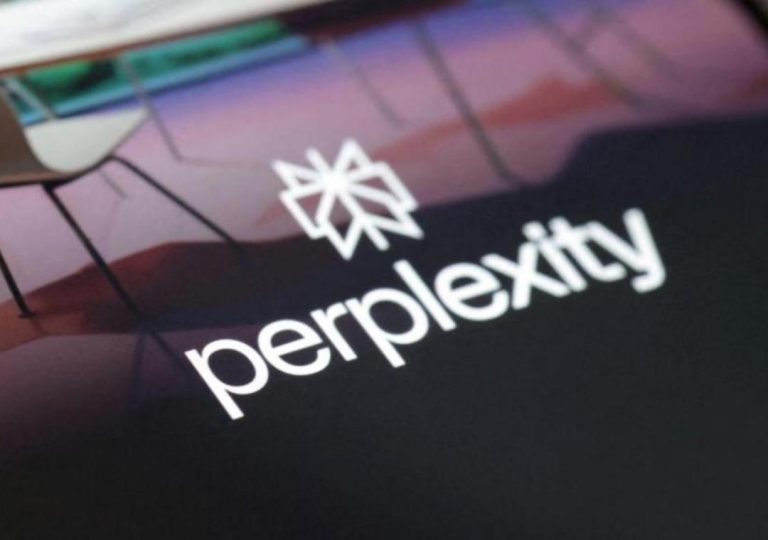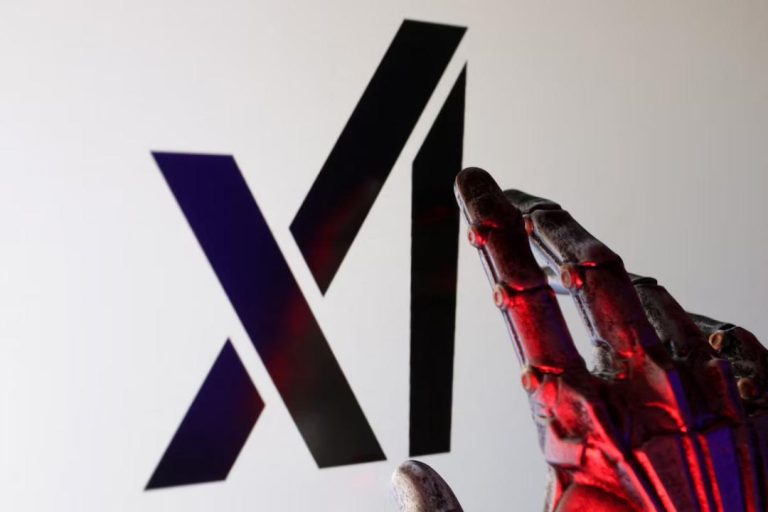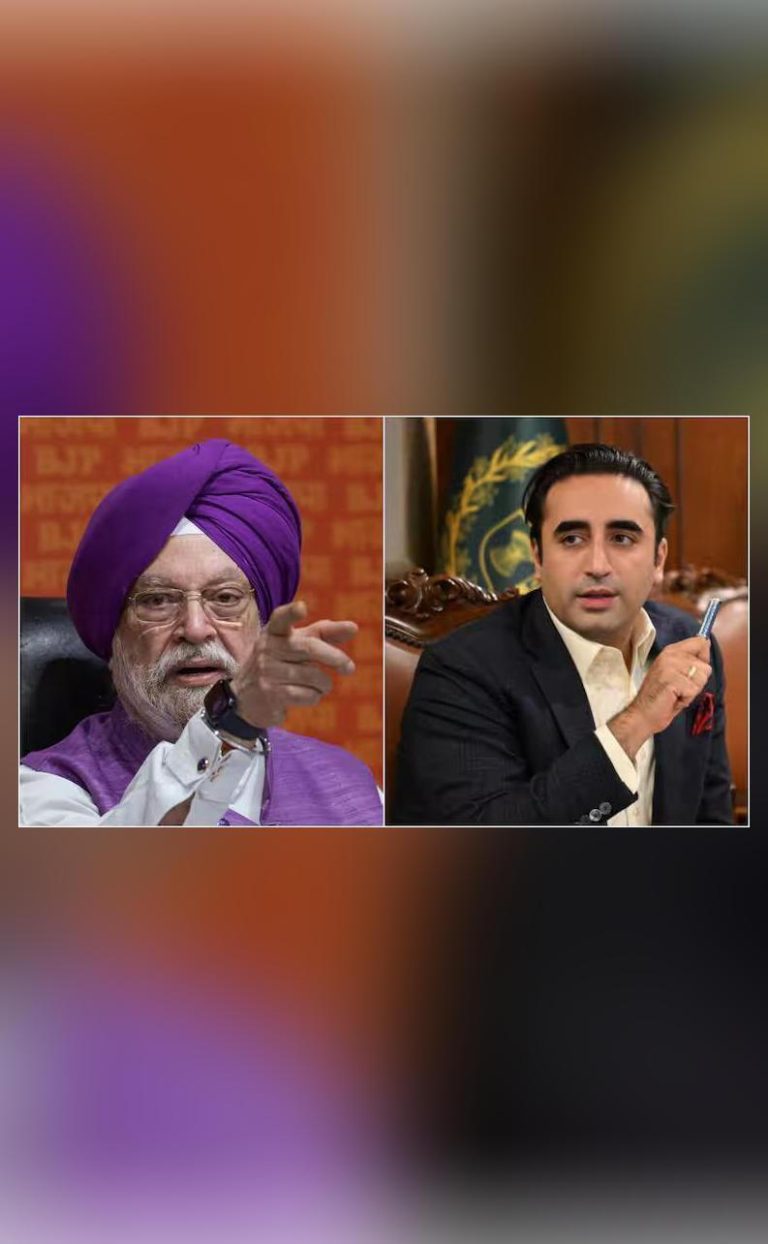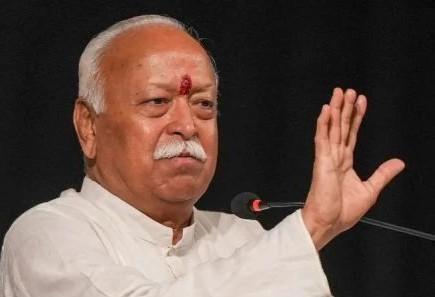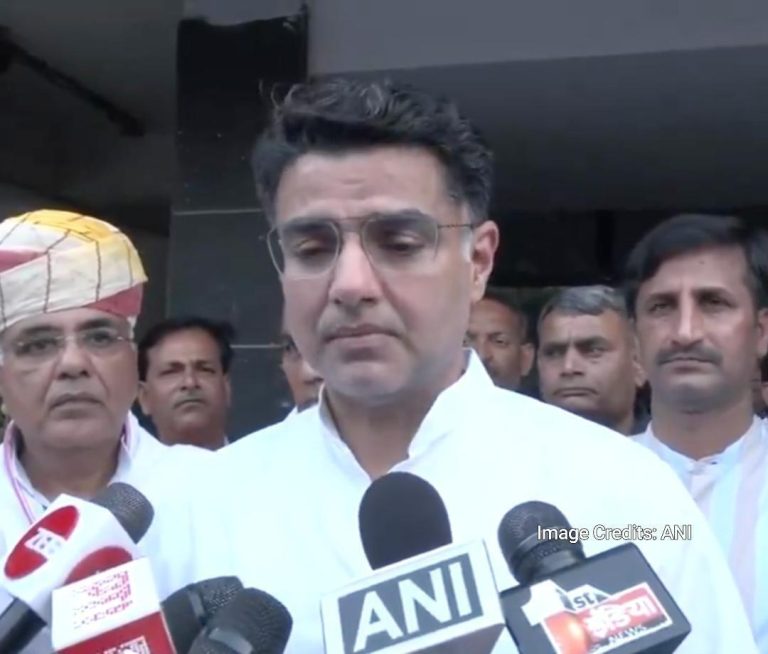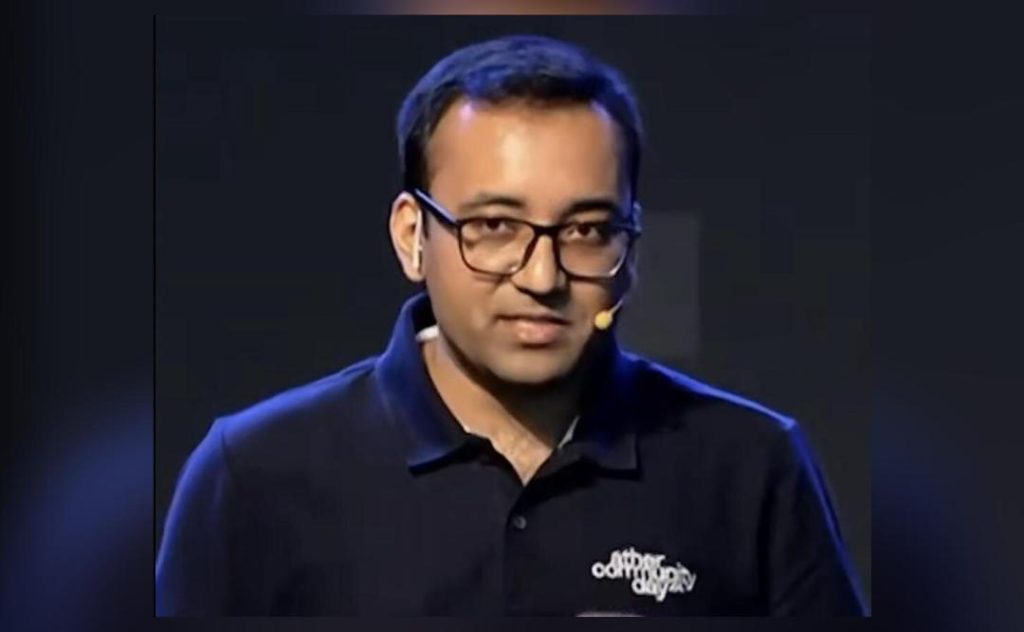
China’s Rare Earth Magnets Curbs Won’t Impact Us: Ather CEO
The ongoing trade tensions between China and India have taken a new turn with China’s decision to curb exports of rare earth magnets to India. While this news might send shockwaves across the electric vehicle (EV) industry, Ather Energy CEO Tarun Mehta is confident that this move won’t impact the company’s operations.
Rare earth magnets are crucial components in building motors used in electric vehicles. China, being the dominant global supplier, has been a key player in the production of these magnets. However, India has been diversifying its supplies and exploring alternative sources to reduce its dependence on China. Ather Energy, a leading EV manufacturer, has been at the forefront of this effort.
In an exclusive interview with Moneycontrol, Tarun Mehta, CEO of Ather Energy, emphasized that China’s decision to curb exports of rare earth magnets won’t affect the company’s operations. “Our focus is on local battery partnerships, and we are making good progress on that front,” Mehta said. “We are working closely with the government to ensure a stable supply chain for our products.”
Ather Energy has been actively working towards reducing its dependence on Chinese imports. The company has partnered with local battery manufacturers to develop indigenous solutions for its products. Mehta believes that this focus on local partnerships will help the company weather any potential disruptions in the global supply chain.
Moreover, Mehta noted that China’s decision to curb exports of rare earth magnets may have a significant impact on the US. “The US is heavily dependent on China for rare earth imports, and this decision will likely affect their supply chain,” Mehta said. “However, our focus on local partnerships and battery development will ensure that we are not impacted by this development.”
Ather Energy’s commitment to local partnerships is reflected in its recent tie-up with the Indian government’s initiative, the National Programme on Advanced Automotive Battery (NPAAAB). The program aims to develop advanced battery technologies in India, with a focus on reducing dependence on foreign imports.
Mehta believes that this initiative will not only help Ather Energy but also the entire Indian EV industry. “The NPAAAB program is a game-changer for the Indian EV industry. It will enable us to develop indigenous battery technologies, reduce dependence on foreign imports, and boost local manufacturing,” Mehta said.
The Indian government’s initiative to develop local battery technologies is a step in the right direction. It will not only reduce the country’s dependence on foreign imports but also create new job opportunities and stimulate local economic growth.
Ather Energy’s focus on local partnerships and battery development is a testament to the company’s commitment to creating a sustainable and self-reliant EV ecosystem in India. The company’s ability to adapt to changing global circumstances and diversify its supply chain will help it maintain its leadership position in the Indian EV market.
In conclusion, while China’s decision to curb exports of rare earth magnets may have significant implications for the global EV industry, Ather Energy is well-equipped to navigate these challenges. The company’s focus on local partnerships, battery development, and its commitment to creating a sustainable EV ecosystem in India will ensure that it remains a major player in the industry.
Source:
